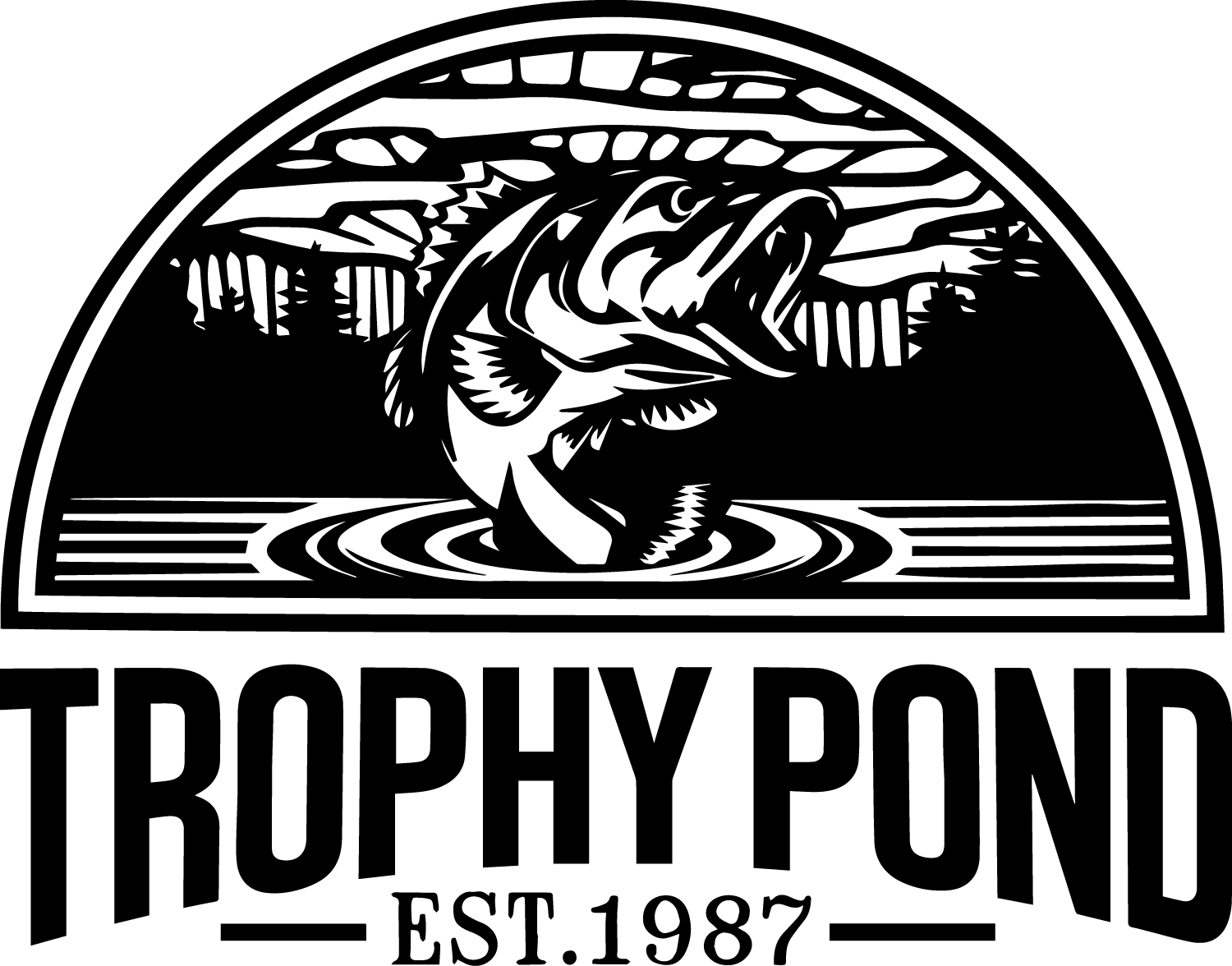Tennessee Lake Management: Beware Companies that Care More about Their Bottom Line than Your Pond
A few months ago I made a blog post in which I shared some facts about the differences between F1 and pure Florida largemouth. Toward the end of the post, I linked to an article from a university extension service that is concise and very informative on this topic. Said extension service has hundreds of publications listed on its website, categorized by topics ranging from soybeans to fisheries; many of these publications have been updated this year, but there are also several dozen just that I found in the last hour that were last updated in 2014 or 2015; many of these publications in turn were originally published one or several decades ago, such as their pond management publication which was originally published in 1984. Out of the several dozen publications that have not been updated for three or more years, none of them have any sort of warning at the top of the internet page announcing loudly to anyone who might read the article that the information in the article may not be out-of-date, but that he should look for more current publications on their website...Except the one dealing with selecting largemouth bass genetics for one’s pond. This particular article indeed has such a warning - though it was only published two years ago. It also has a statement urging anyone who might quote or reference it to check with the extension specialist before proceeding, a statement unique to the several dozen articles we perused on the extension website. This article is also not listed among the articles in the “fisheries” category, though it has the potential to be more helpful to lake and pond owners than any other article in the category. You won’t find this article unless you know to look for it; it has been buried. Before I began my lake and pond management business, I pursued a career as a writer for twenty years. I have a master’s degree in creative writing from Johns Hopkins, a master of fine arts degree in screenwriting from the University of Southern California, and a Ph.D. in English from Georgia State University; one might say I have a basic understanding of copyright law. The “fair use” principle of copyright in this country allows for the brief quoting of a work, such as in a review of a book, without the author’s permission; here is a brief introduction to this idea from Stanford University:https://fairuse.stanford.edu/overview/fair-use/what-is-fair-use/I didn’t quote the article I referenced, and certainly didn’t cast it in a negative light (either of which still would have been allowed). I specifically stated that the article was a good source of further reading on the topic of genetics in largemouth bass. None of the best fish farms in Texas even sell F1 largemouth any longer - they all sell pure Florida largemouth. Some of them used to sell F1s until more forward-thinking biologists began alerting pond owners to the possibility of outbreeding depression in Fx largemouth, the offspring of F1s. But several large fish farms in the southeast still raise F1s, and more than one of these farms sells this largemouth hybrid as their bread-and-butter fish. They have a lot of money invested in these fish. But of course it’s just a complete coincidence that these big companies need to sell their F1s, and I happened to link to an article that might make a pond owner think twice about stocking F1s, and now that article is alone in ignominy among all the hundreds of articles published by the extension service. Do you really want to buy your fish, or have your pond managed, from a company that cares more about their bottom line than the health of your fishery?
